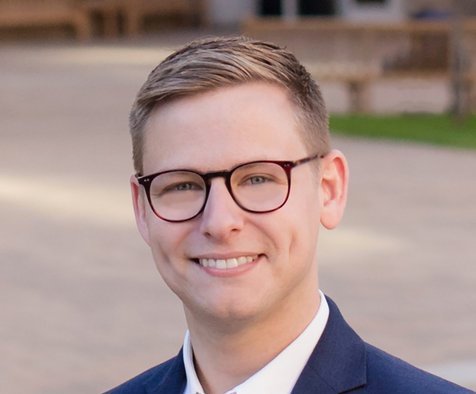People want justice. They demanded that Derek Chauvin be punished for killing George Floyd. They wanted Harvey Weinstein to go to jail for sexually assaulting Jessica Mann and Miriam Haleyi. And they wanted the Sackler family, as owners of OxyContin producer Purdue Pharma, to face consequences for their role in the opioid epidemic.
In the wake of each injustice, we want those responsible to face consequences for their actions, and rightly so: bad actors need to be held accountable.
Preventative justice is uncomfortable. It makes us look beyond our feelings of retribution. It forces us to try and understand what may not be understandable.
Our legal system is designed around punishment by offering a set of rules and procedures to assign responsibility and liability for harmful behaviour. But, as the existence of the #MeToo and Black Lives Matter movements have made clear, punitive laws neither deter crime nor truly deliver justice.
In reality, we have a very limited sense of justice. Popular and legal views of justice tend to dwell on the past, with the core objective being to ensure that those who have harmed others face consequences for their actions.
True justice does not solely look at the past; it also focuses on the future. It is not just about reacting to past misdeeds, but also preventing future damage and victimization.
We need to establish preventative justice in our legal system. And to do so, we must also learn what conditions cause certain types of crime to occur and how we can prevent those crimes from happening again.
This requires fundamentally different expertise and skills than are now present in our legal system. Lawyers are experts in understanding the rules and procedures of assigning liability for harm. But they know virtually nothing about the root causes of criminal behavior and ways to address them.
The good news is that science is on our side. And its findings are quite revolutionary. For most wrongdoings, stronger punishment alone will not help. Rather than punishment, behavior is driven more by people’s intrinsic motivations, how they respond to others, their own morals and how they view the legitimacy of the legal system.
Another core finding is that the situation people are in matters. Criminal behavior is much more likely when people lack socioeconomic opportunities or when they have limited self-control.
There are solid examples of when preventative justice has worked. Cincinnati changed its policies and used a holistic, preventative approach that combined punishment with employment support and community pressure. The rate of gang member-involved homicides in the city dropped by as much as 41% in three and a half years.
Another successful approach is the so-called situational crime prevention strategy. Rather than focusing on figuring out the right punishment, the core objective is to make the damaging behavior more difficult. Speed bumps are a prime example, as they physically make speeding impossible, without the need of traffic police or punishment threats. Or consider how U.K. authorities set out to design unbreakable beer glasses to reduce injuries from glassings, situations where drunk customers use broken beer glass shards as weapons in bar fights.
Preventative justice is uncomfortable. It makes us look beyond our feelings of retribution. It forces us to try and understand what may not be understandable. And it will mean that we need to thoroughly rethink and reform our legal system.
But to truly prevent the next police brutality, the next sexual assault and the next devastating corporate scandal, these are but small sacrifices.
This column was produced for The Progressive magazine and distributed by Tribune News Service.
November 9, 2021
2:36 PM

Felecia Phillips Ollie DD (h.c.) is the inspiring leader and founder of The Equality Network LLC (TEN). With a background in coaching, travel, and a career in news, Felecia brings a unique perspective to promoting diversity and inclusion. Holding a Bachelor’s Degree in English/Communications, she is passionate about creating a more inclusive future. From graduating from Mississippi Valley State University to leading initiatives like the Washington State Department of Ecology’s Equal Employment Opportunity Program, Felecia is dedicated to making a positive impact. Join her journey on our blog as she shares insights and leads the charge for equity through The Equality Network.






